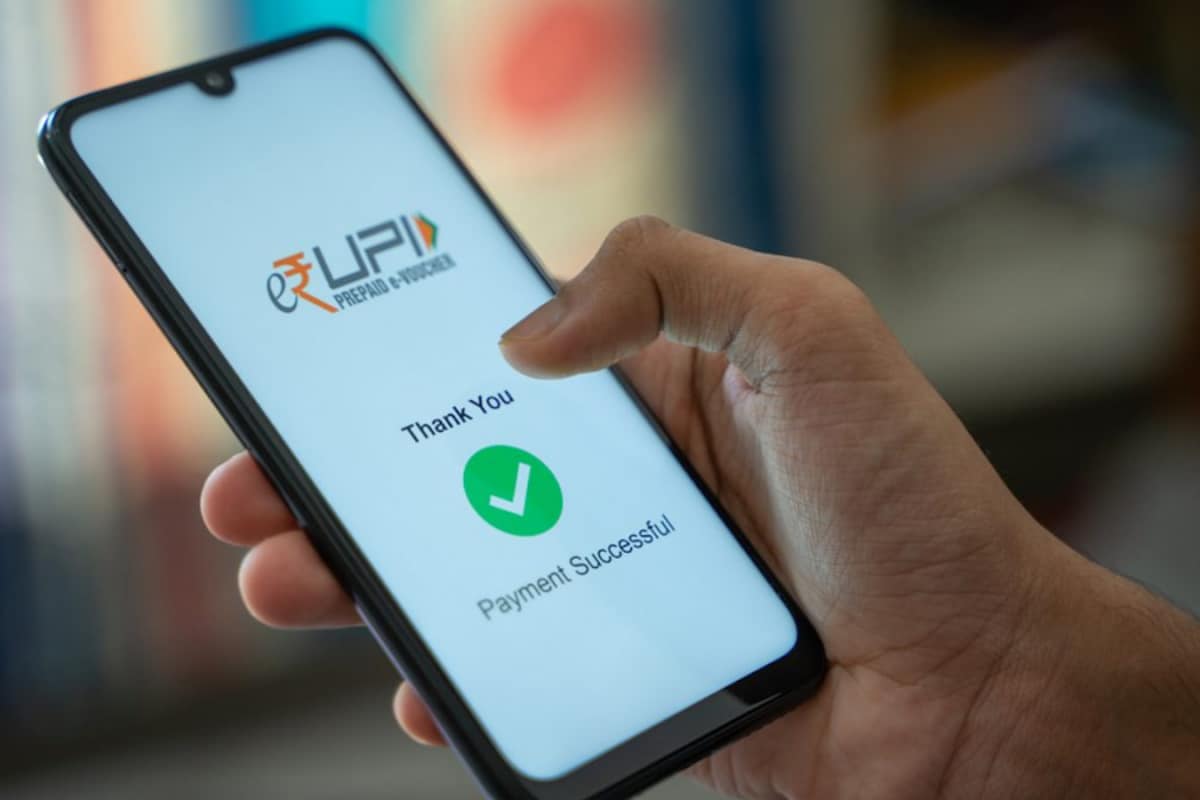

In the fast-paced world of digital transactions, Unified Payments Interface (UPI) has become an integral part of everyday life. However, the ease of transferring funds via UPI also comes with the risk of sending money to the wrong UPI ID. Recognizing this concern, the National Payments Corporation of India (NPCI), the governing body for UPI, has been actively working to streamline dispute resolution mechanisms and safeguard users' interests. Recently, NPCI has issued circulars addressing genuine payment disputes, aiming to create a more secure and efficient environment for UPI transactions.
One of the primary challenges in UPI transactions is the possibility of incorrectly entering the recipient's UPI ID, leading to funds being transferred to an unintended beneficiary. In such cases, immediate action is crucial. The first step is to contact the recipient and request a refund, providing them with transaction details such as the UPI transaction ID and amount. If the recipient is unresponsive or uncooperative, users should promptly report the issue to their bank or UPI service provider.
UPI apps typically have a built-in dispute resolution process. Users can access the transaction history, select the incorrect transaction, and choose the option to report an issue. Supporting evidence, such as transaction screenshots and communication with the recipient, can be attached to the complaint. The bank or payment provider then initiates an investigation, analyzing transaction details and communicating with the other party's bank if necessary. Users receive regular updates on the dispute's status throughout the process.
If the issue remains unresolved at the bank level, users can escalate the matter to NPCI through their grievance redressal portal. NPCI plays a pivotal role in ensuring efficient dispute resolution by providing guidelines and a standardized process for banks to follow. The NPCI's UPI-Unified Dispute and Issue Resolution (UDIR) acts as a layer for member banks and Payment Service Providers to connect their systems and handle disputes or queries through API calls.
NPCI has also been proactive in addressing issues related to recycled mobile numbers. Telecom operators often reassign deactivated numbers, which can lead to misdirected payments if the old UPI ID mapping is not updated. To mitigate this, NPCI has mandated that all member apps and banks update their internal mobile number databases at least once a week to weed out recycled numbers. Starting April 1, 2025, banks and PSPs must regularly update their internal databases to reduce errors due to recycled or churned numbers. Explicit user consent is now required for porting UPI numbers, enhancing user security and ensuring accurate financial transactions.
Several circulars issued by NPCI address various aspects of UPI dispute resolution and security. These include guidelines on handling chargebacks for wrong account transfers, streamlining the initiation of check transactions, strengthening beneficiary name verification, and implementing generic good faith debit adjustments. These measures aim to enhance the accuracy, transparency, and security of UPI transactions, fostering greater trust among users.
While NPCI's efforts are commendable, users also have a crucial role to play in preventing UPI disputes. Always verify the recipient's UPI ID and other transaction details before confirming the transfer. Double-check the account balance and ensure sufficient funds are available. In case of a failed transaction, wait for a few hours as delays can occur before contacting customer support. By taking these precautions, users can minimize the risk of errors and ensure a smooth and secure UPI experience.